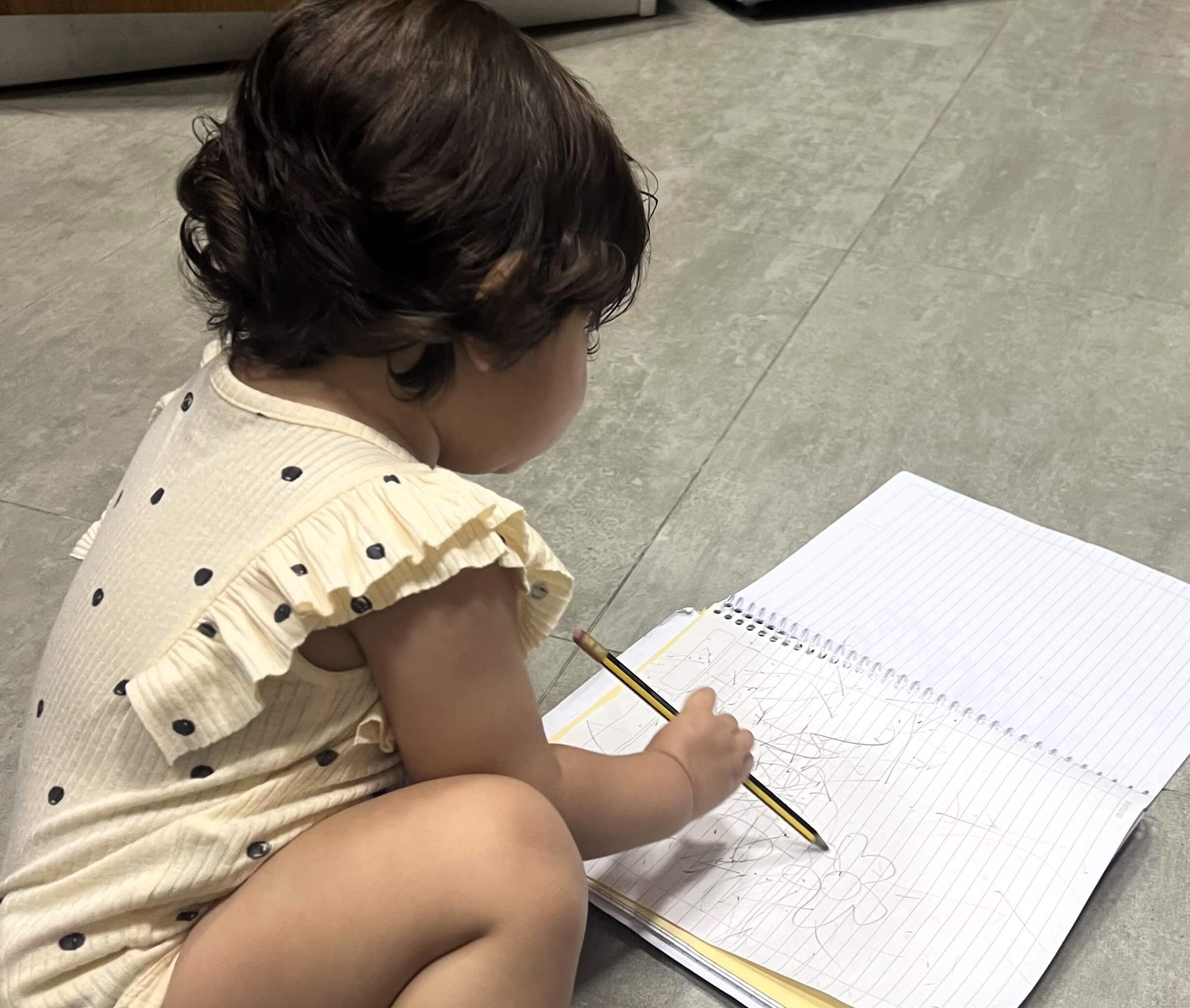When You're Asking Big Questions — And Unsure Where They Lead
There are times in life when the questions feel louder than the answers. Who am I? What do I really want? Why does none of this feel fulfilling? These aren’t just abstract thoughts. They can bring real emotional distress, leaving you feeling lost, stuck, or disconnected from your sense of purpose.
At MapleTree Psychotherapy Center in Dubai, we work with individuals navigating deep personal uncertainty — whether it’s an identity crisis, a sense of spiritual or emotional disorientation, or a period of inner questioning that’s difficult to put into words. Psychotherapy offers space to sit with those questions, explore where they come from, and begin to find your way forward.

What We Explore in Therapy
You may be struggling with a specific transition, or you may simply feel that something is missing — even when life looks “fine” from the outside.
In therapy, we may explore:
- Loss of identity after a relationship, career change, or relocation
- Feeling disconnected from previously held goals, values, or beliefs
- Emotional exhaustion or burnout that leads to questioning purpose
- Inner conflict between cultural, personal, or family expectations
- A general sense of meaninglessness or lack of direction
- Self-doubt or pressure to “figure it all out” without clarity
- Underachievement and failure to thrive
- Inner child wounds
These experiences are more common than many people realize — especially during major life transitions, seasons of emotional growth, and interpersonal differences
Our Therapeutic Approach
We approach trauma work with care, curiosity, and deep respect for your pace and comfort.
We do not push or re-expose — we gently explore, reflect, and support healing at a rhythm that feels right to you.
Our clinicians use a trauma-informed approach to integrate:
- Psychodynamic Psychotherapy, to explore unconscious emotional patterns rooted in early relationships
- Attachment-Based Therapy, to help repair emotional security and rebuild trust — both in others and in yourself
- Emotionally Focused Therapy (EFT), to deepen emotional awareness and access self-compassion
- Narrative Therapy, to reshape internal stories that have been shaped by pain
- Somatic and grounding techniques, when needed, to manage overwhelm or flashbacks
- Behavioral tools, where helpful, to build daily coping strategies and emotional regulation
Who We Work With
We don’t offer quick answers or surface-level advice. Instead, we hold space for your uncertainty — gently helping you explore the emotional and relational roots of your questions.
Your therapist may integrate:
- Psychodynamic therapy, to explore internal conflict and the development of identity over time
- Existential and narrative therapy, to help you engage with meaning, purpose, and personal values
- Emotionally focused therapy, to support the regulation of difficult emotions that arise in uncertainty
- Attachment-based approaches, to explore the influence of early relationships on your current self-concept
- Reflective and insight-based practices, tailored to your pace and comfort
This is a collaborative process. We don’t try to “solve” your identity — we help you meet it with understanding and curiosity.
Begin to Understand What’s Changing — Inside and Out
If you’re asking difficult questions about yourself or your life, therapy can offer a space to reflect — without pressure to have it all figured out.











